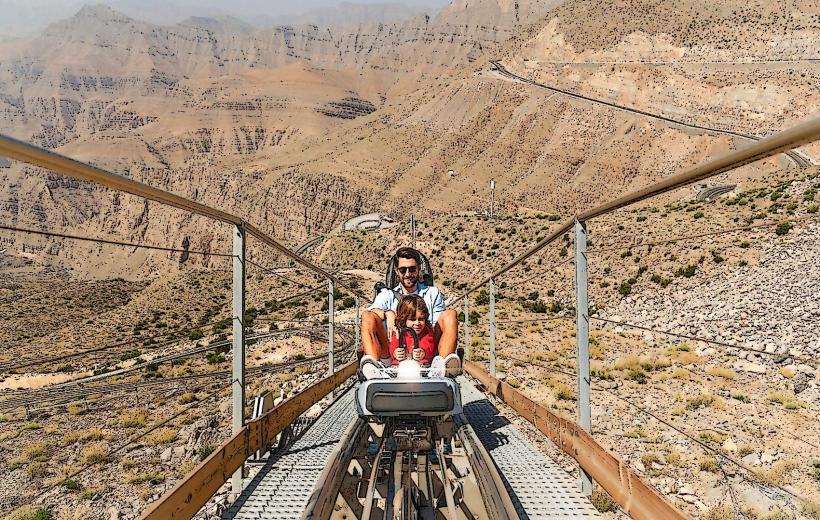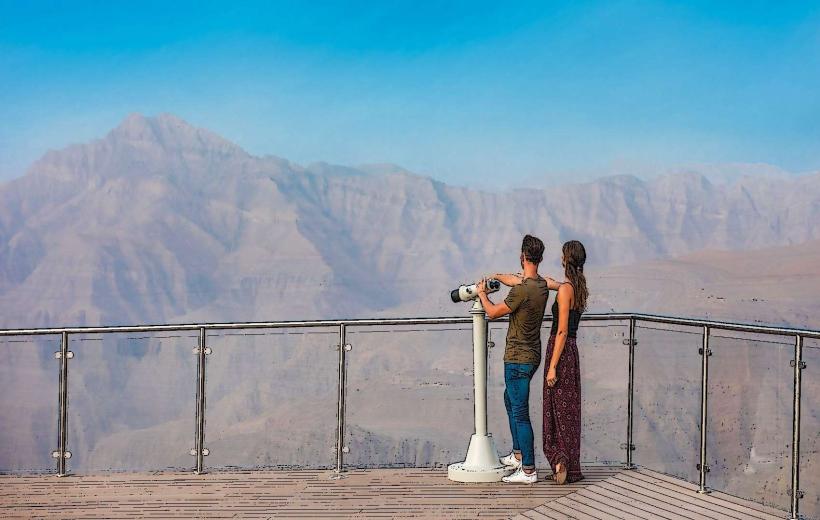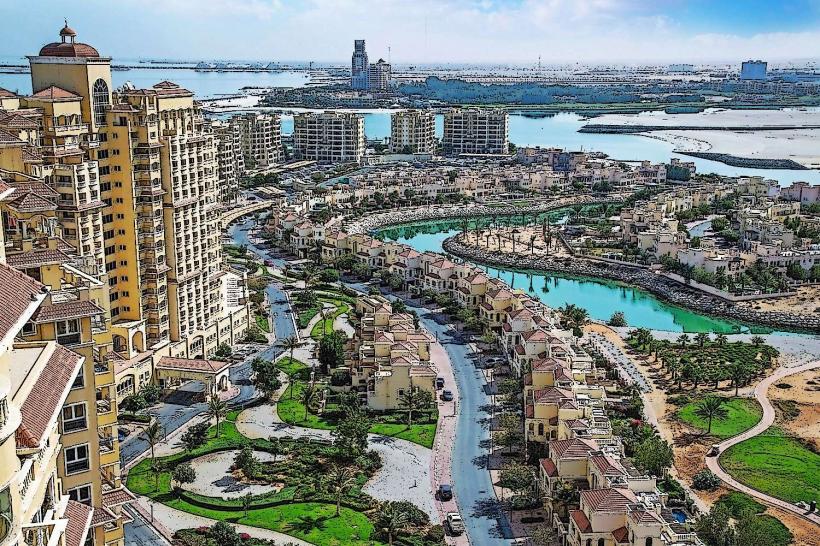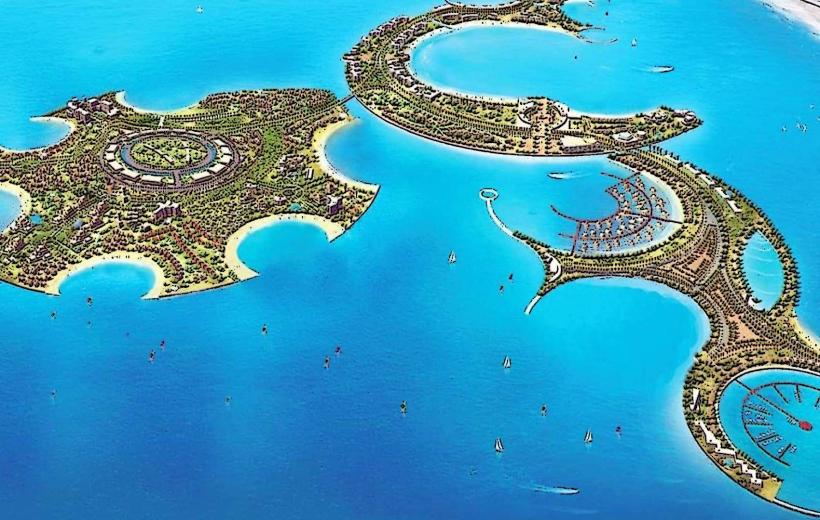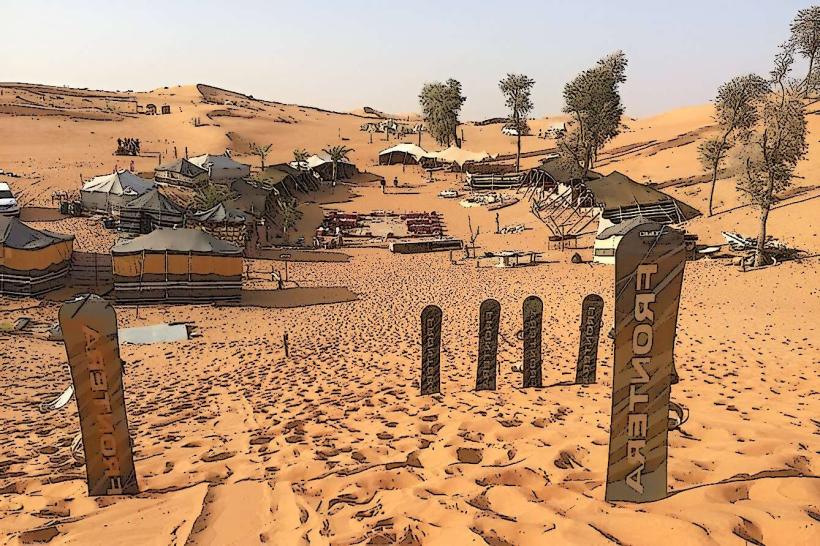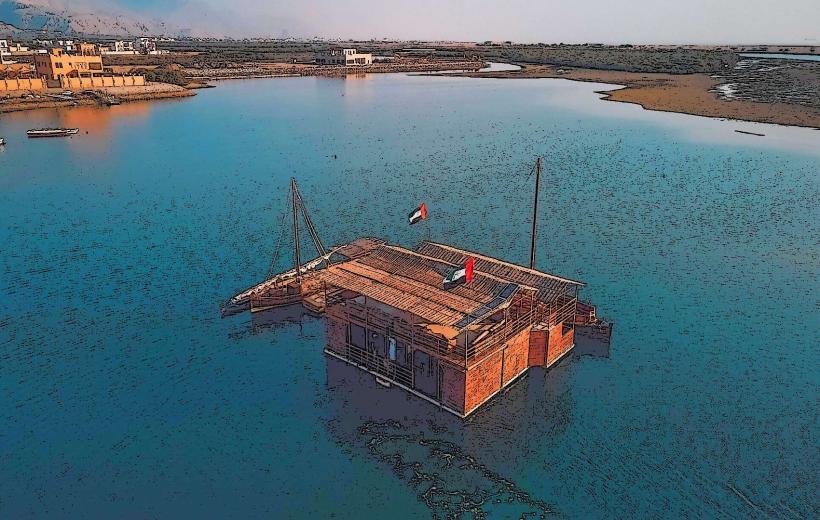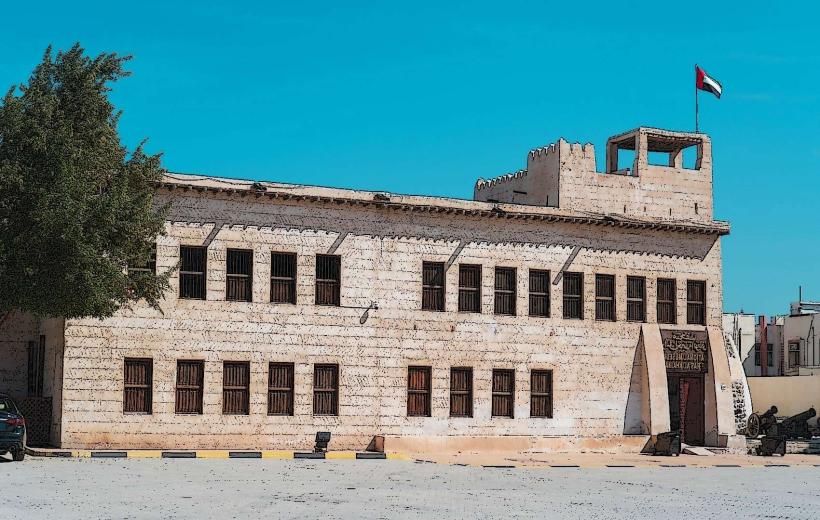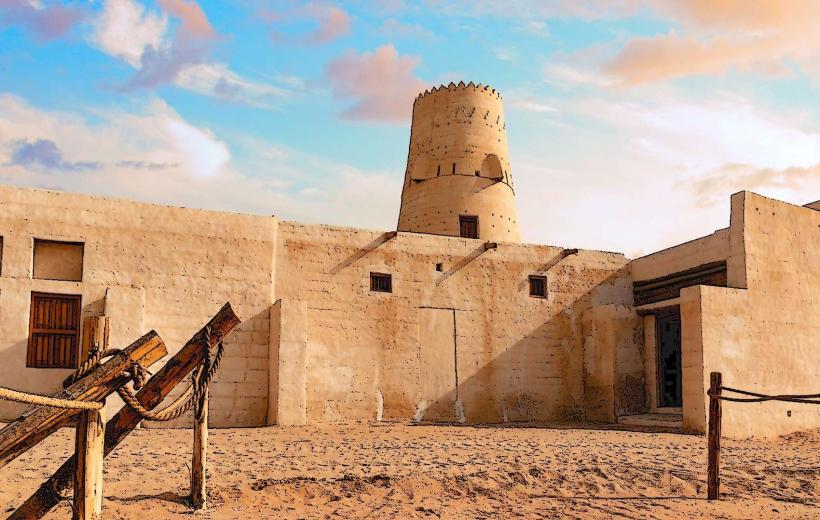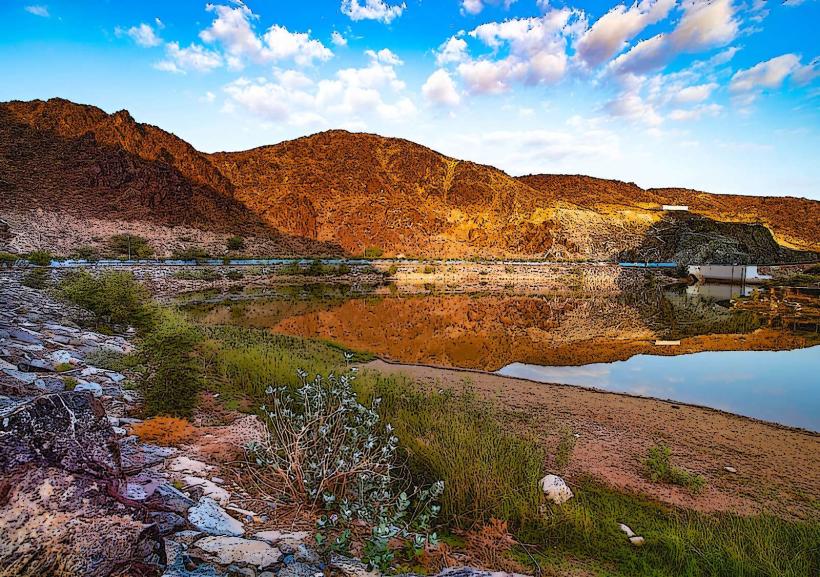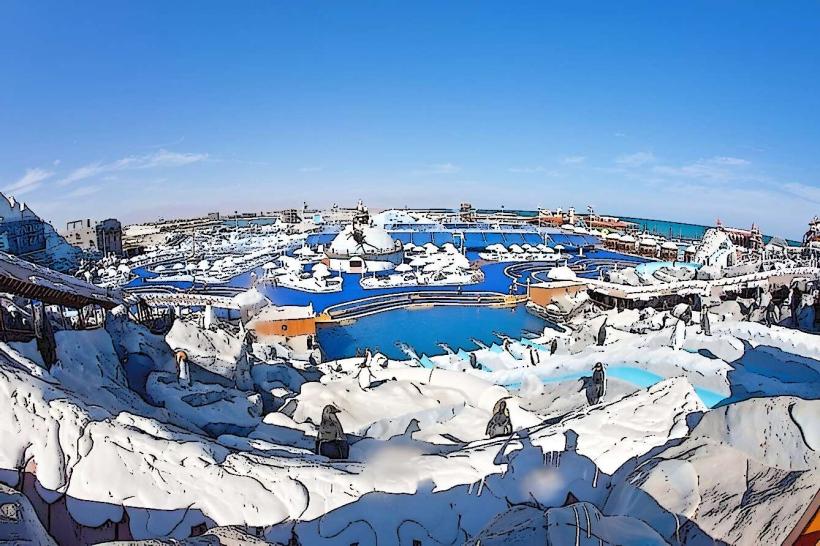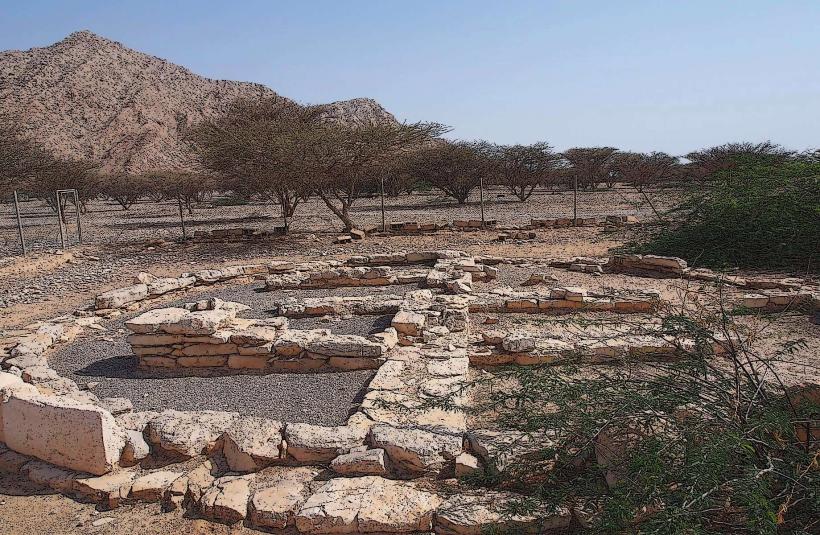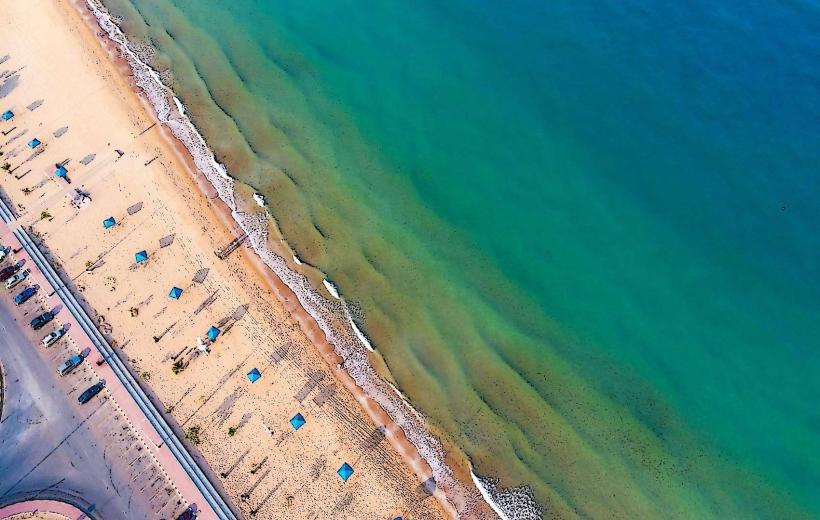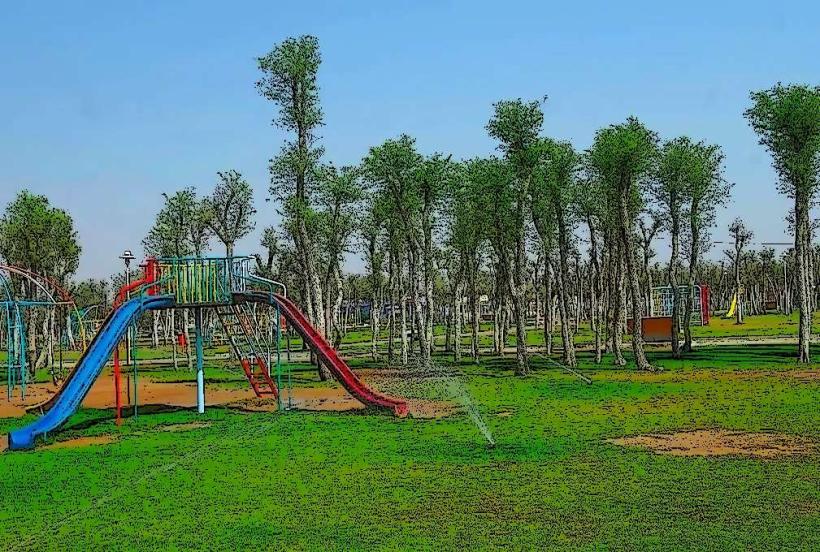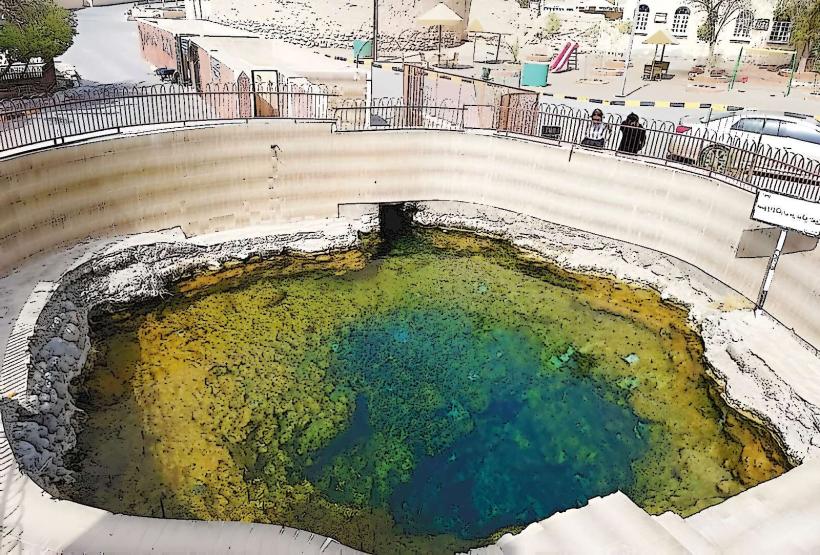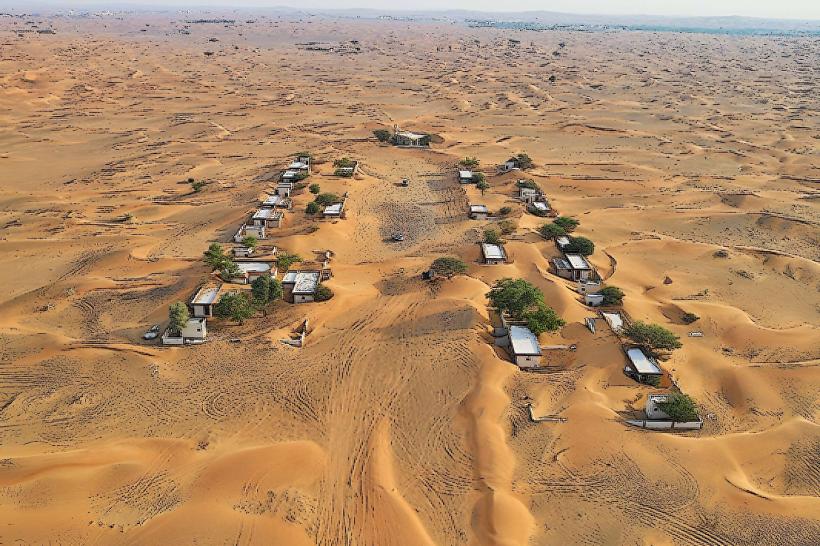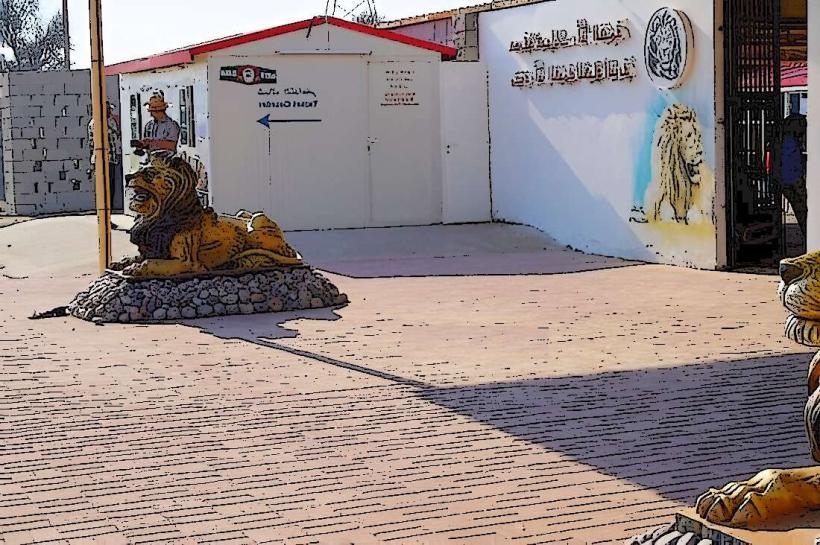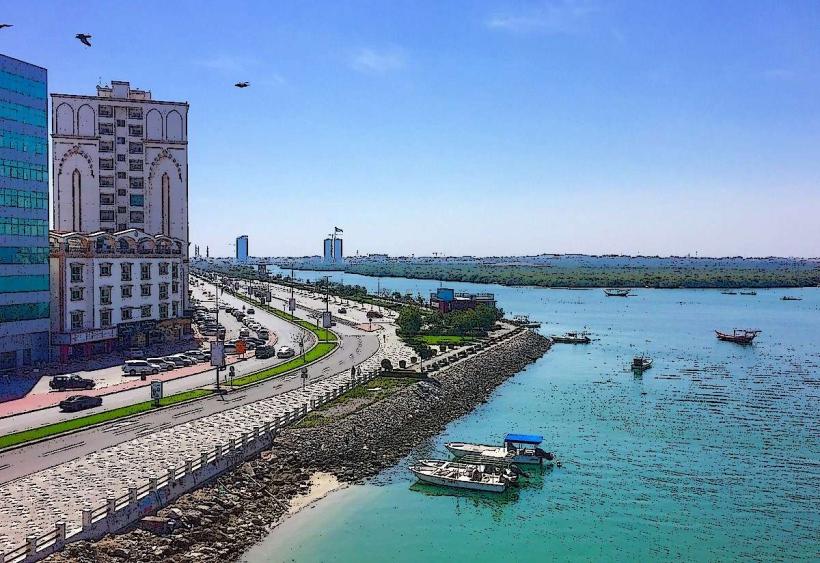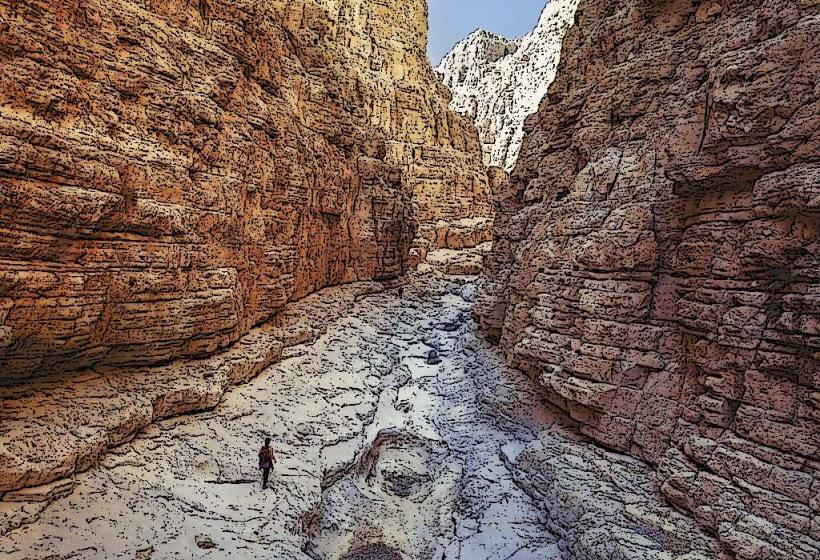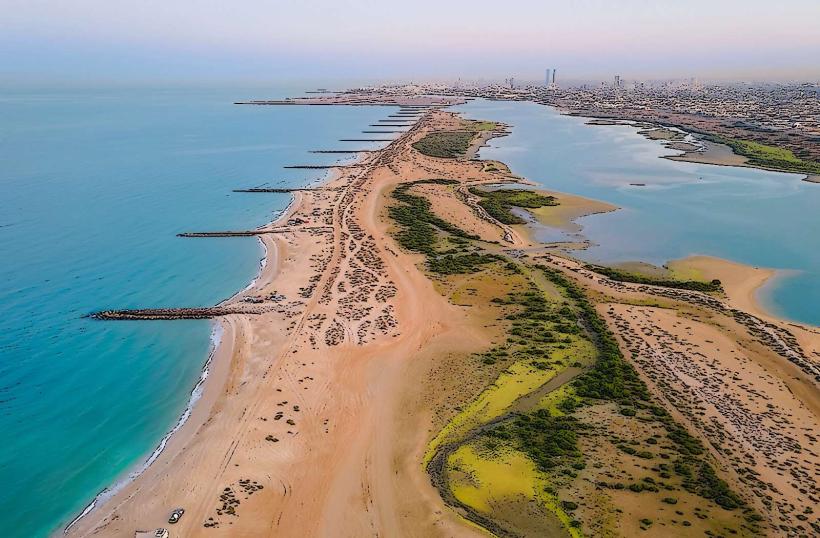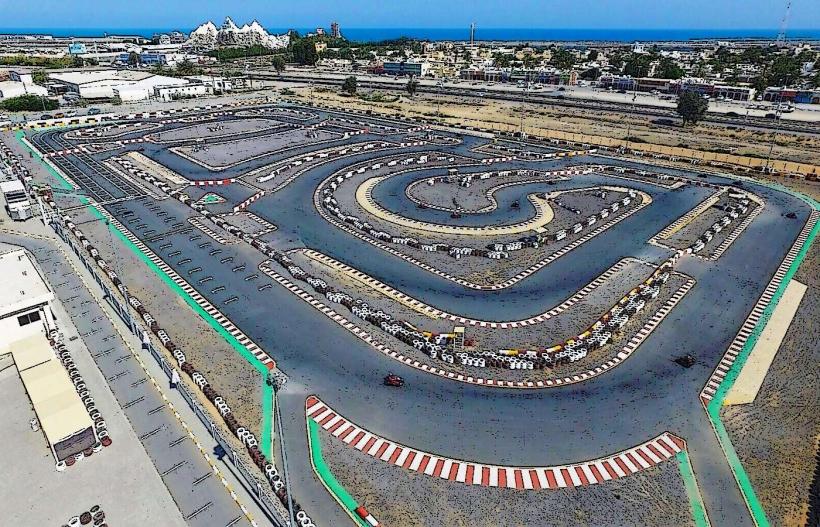Information
Landmark: Dhayah FortCity: Ras Al Khaimah
Country: United Arab Emirates
Continent: Asia
Dhayah Fort, Ras Al Khaimah, United Arab Emirates, Asia
Dhayah Fort is a historic fortification situated in the emirate of Ras Al Khaimah, United Arab Emirates.
Visual Characteristics
The fort is constructed from mudbrick and stone. It features a square tower with a smaller, circular tower attached. The structure stands on a prominent hill, offering a commanding view of the surrounding agricultural land and coastline. Its color is predominantly earthy brown, blending with the natural landscape.
Location & Access Logistics
Dhayah Fort is located approximately 20 kilometers north of the city center of Ras Al Khaimah. Access is via Al Rams Road (E11) and then turning onto local roads leading to the fort. Parking is available at the base of the hill. Public transport options are limited; a taxi or private vehicle is the most direct method of arrival.
Historical & Ecological Origin
The current structure dates primarily from the 18th century, though fortifications have existed on this site for centuries. It served as a defensive stronghold for local tribes. The hill on which it is built is a natural elevation, strategically chosen for its defensive advantages.
Key Highlights & Activities
Visitors can ascend to the top of the fort for panoramic views. Exploration of the fort's interior structure is permitted. The surrounding area is suitable for short walks.
Infrastructure & Amenities
Restrooms are available at the base of the fort. Limited shade is present within the fort itself. Cell phone signal (4G) is generally available. No food vendors are located directly at the fort; options are available in the nearby town of Al Rams.
Best Time to Visit
The optimal time for visiting is during the cooler months, from October to April. Early morning or late afternoon provides more favorable lighting conditions for photography and reduces direct sun exposure.
Facts & Legends
Dhayah Fort was the site of a significant battle in 1819 when British forces attacked the Qawasim tribe. The fort's strategic position allowed defenders to repel initial assaults before eventually succumbing to superior firepower. A unique tip for visitors is to observe the intricate patterns of the ancient irrigation channels in the fields below, a testament to historical agricultural practices.
Nearby Landmarks
- Al Rams Old Town (1.5km Southwest)
- Khatt Springs (12km Southeast)
- National Museum of Ras Al Khaimah (22km Southwest)
- Saqr bin Mohammed City (18km Southwest)

